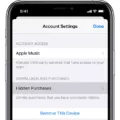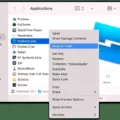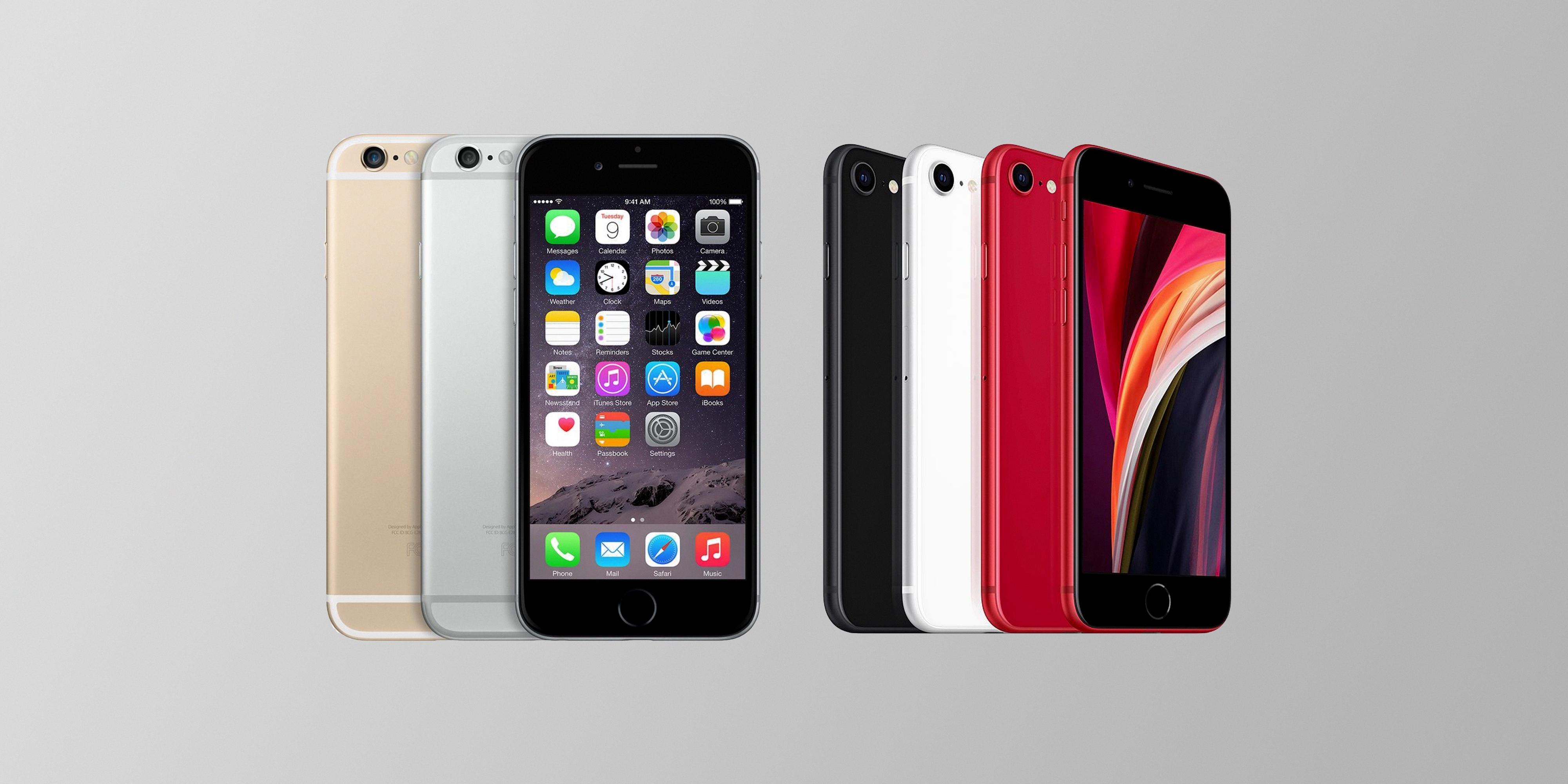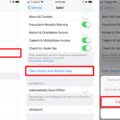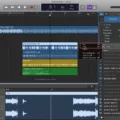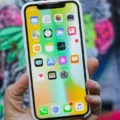Safari’s Cloud History is an incredibly handy feature that allows users to access their browsing history from any device. The feature stores your browsing history, downloads, and bookmarks in the cloud so you can easily access them from any Apple device. This means that if you are browsing on your Mac at home, then switch to your iPhone, your browsing history will still be there.
However, with such a useful feature comes some privacy concerns. You might not want your browsing history to be available on other devices or anyone else’s devices. Fortunately, it’s easy to close Safari’s cloud history and ensure that your data is secure.
To close Safari’s cloud history:
1) Open the Settings app on your device and select [your name] > iCloud > Safari.
2) Ensure that the toggle for “Safari” is set to off (gray). This will turn off all syncing of data between devices and disable the cloud history feature.
3) If you want to keep your bookmarks but disable the cloud history, you can tap “Advanced” in the iCloud settings menu, then tap “Website Data” and select “Remove All Website Data.” This will delete all stored information regading websites but retain your bookmarks.
Disabling Safari’s Cloud History is a great way to ensure that no one else can view or have access to your surfing habits or other online data stored in the cloud. So if you value your privacy, take a few moments to make sure this feature is turned off!
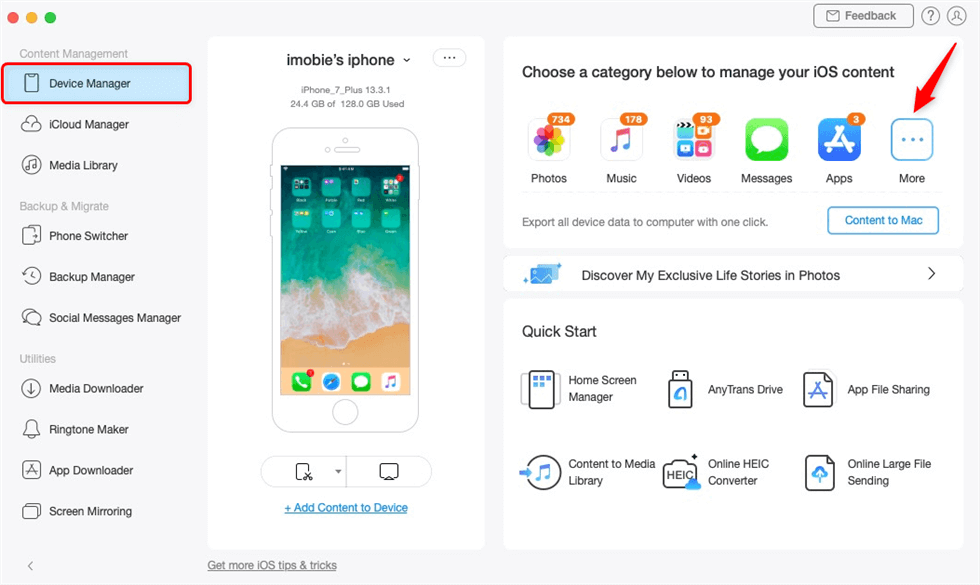
Deleting Safari History on iCloud
To delete Safari history on iCloud, you must first go to the iCloud website and log in with your Apple ID. Once you are logged in, select ‘Settings’ from the menu at the top right of the page. Under the ‘Advanced’ tab, you will see a section labelled ‘Safari’. Click on this section and then select ‘Manage Website Data’. Here, you will see a list of websites that have stored data in your iCloud account. Select those which you want to delete and press the ‘Remove’ button next to them. Once you have deleted all of these sites, your Safari history will be completely erased from iCloud.
Safari History Retention on iCloud
On an iPhone, iPad, or iPod touch, Safari will keep the browsing history on iCloud for up to a month. On a Mac, Safari will keep the browsing history on iCloud for up to a year. To make sure that your browsing history is kept on iCloud, go to Settings > [your name] > iCloud and make sure that Safari is turned on.
Does Deleting Safari History Affect iCloud?
Yes, deleting your Safari history will delete it from iCloud as well. This is because when you turn on Safari in iCloud settings, your browsing history will be synced across all of your Apple devices. So when you delete your Safari history from one device, it will also be deleted from iCloud and all the other devices connected to it.
Stopping Safari From Saving History
To stop Safari from saving your browsing history, you can use Private Browsing mode. This feature will prevent your search and web data from beig saved. To access Private Browsing, open the Safari app and press and hold the tabs icon (the two overlapping boxes) at the bottom of the screen. Tap on Private to enter this mode. While in Private Browsing mode, any pages you visit won’t be recorded in your history and any cookies or other website data will be deleted when you close the window. Keep in mind that if you’re signed into iCloud on your device, some of your browsing activity may still be recorded by Apple.
Storing Safari History on iCloud
Yes, Safari history is stored on iCloud. iCloud stores your Safari browsing history, bookmarks and open tabs, so you can access these from any device where you’re signed in with your Apple ID. Your iCloud account will store your browsing history for up to a year, and then it will be automatically deleted. You can also choose to delete all or individual items from your iCloud account at any time. To view your Safari history on iCloud, go to Settings > [your name] > iCloud > Safari. From tere you can see the browsing history stored in the cloud and delete any items you don’t wish to keep.
Does iCloud Show Safari History?
No, your Safari history does not show up on iCloud. iCloud is used to store data from inbuilt applications like Mail, Notes, and Calendars that have been synced when the application boxes are turned on. It does not save any browsing history of your iPhone.
Deleting Safari Data on iCloud: What are the Consequences?
If you delete Safari data from iCloud, it will no longer be synced across devices or backed up in iCloud. This means that your Safari browsing history and account data will no longer be accessible from other devices signed into your iCloud account, nor can it be restored from an iCloud backup. The data will still remain on the device you deleted it from, so you may choose to remove this local data as well if desired.
Safari History Syncing Across Multiple Devices
If you are logged into the same iCloud account from multiple Apple devices, your Safari browsing history is synced across all of them. This allows you to easily access your browsing history no matter which device you’re using. Additionally, if you have enabled “iCloud Keychain” on your devices, any passwords or website logins that are stored in Safari’s AutoFill feature will be synced across the devices.
Is Deleted Safari History Gone Forever?
The answer to the question of wheher deleted Safari history is gone forever depends on whether you have backed up your Safari history before. If you have made a backup of your Safari history, then it is possible to recover deleted Safari history. However, if you have not made any backups of your Safari history, then unfortunately the deleted Safari history is gone forever.
Where Does Safari History Go When Deleted?
When you delete your Safari history, it is removed from your device and stored on Apple’s servers. This means that the deleted history is no longer visible on your device, but it can still be accessed by Apple. To access this data, go to the Safari settings page and tap on ‘Advanced Options’. From there, you can select ‘Website Data’ to view a list of all webpages visited from your device. It’s important to note that this data may contain personal information such as usernames and passwords, so be sure to use caution when accessing it.
Clearing iCloud History on an iPhone
To clear your iCloud history on your iPhone, open the Settings app and tap on your name at the top of the screen. Then select ‘iCloud’ from the list of options. On the iCloud page, select ‘Data & Privacy’ and then scroll down to ‘iCloud Data History’. On this page, you will see a list of all the data stored in iCloud under ‘History’. To delete an item, slide it from rght to left and tap Delete. If you want to delete all histories from iCloud, tap on the ‘Delete All Histories’ button at the bottom of the screen. That’s it! Your iCloud history is now cleared!
The Benefits of Using Safari with iCloud
Safari uses iCloud to ensure that your browsing experience is consistent and seamless across all of your Apple devices. iCloud stores your Safari bookmarks, Reading List, Tab Groups, and open browser tabs in the cloud instead of on each individual device. That way, you can access the same information on all of your devices that are set up with iCloud and Safari, including your iPhone, iPad, iPod touch, and Mac. With iCloud enabled for Safari, you don’t have to worry about manually syncing information between devices or losing any data if one device fails or gets lost.
Stopping Safari History from Showing on All Devices
To prevent your Safari history from showing on all your devices, you need to turn off Handoff in the Settings app. To do that, open the Settings app on your iOS device. Scroll down and tap ‘General’, then tap ‘Handoff’. Finally, turn the ‘Handoff’ toggle off. This will stop your Safari history from syncing across all of your devices, so it won’t be visible on them.
The Impact of Private Safari on Browser History
Private Safari is not actually saving your history. When you use Private Browsing mode, Safari will not record or store any of the informaion from that session. However, when you exit Private Browsing mode and return to a regular browsing session, Safari may autofill information from your previous visits. This includes any data such as search terms, website addresses, and login credentials that were entered during your Private Browsing session. This is a feature designed to make it easier for users to quickly access websites they previously visited in a Private Browsing session without having to reenter all their information.
Understanding the Reasons Behind Inability to Delete Safari History
It is possile that you are not able to delete your Safari history due to the Screen Time feature on your device being set to block Adult Content or certain websites. This can be verified by going into the Settings app and selecting “Screen Time”. If there is an option for “Content & Privacy Restrictions”, then this may be the reason why you are unable to delete your Safari history as it has been restricted. To fix this issue, you will need to disable the “Content & Privacy Restrictions” so that you can access the “Clear History & Website Data” option in iPhone Settings and clear your browsing history.
Conclusion
In conclusion, Safari Cloud History is a useful feature that allows you to keep your browsing history synced aross all of your Apple devices. It helps make it easier to switch between devices and keep track of the sites you’ve visited. It also lets you easily clear your browsing history on all of your devices with a few simple steps. With this feature, you can ensure that no one else can access your online activity and enjoy a more private browsing experience.

